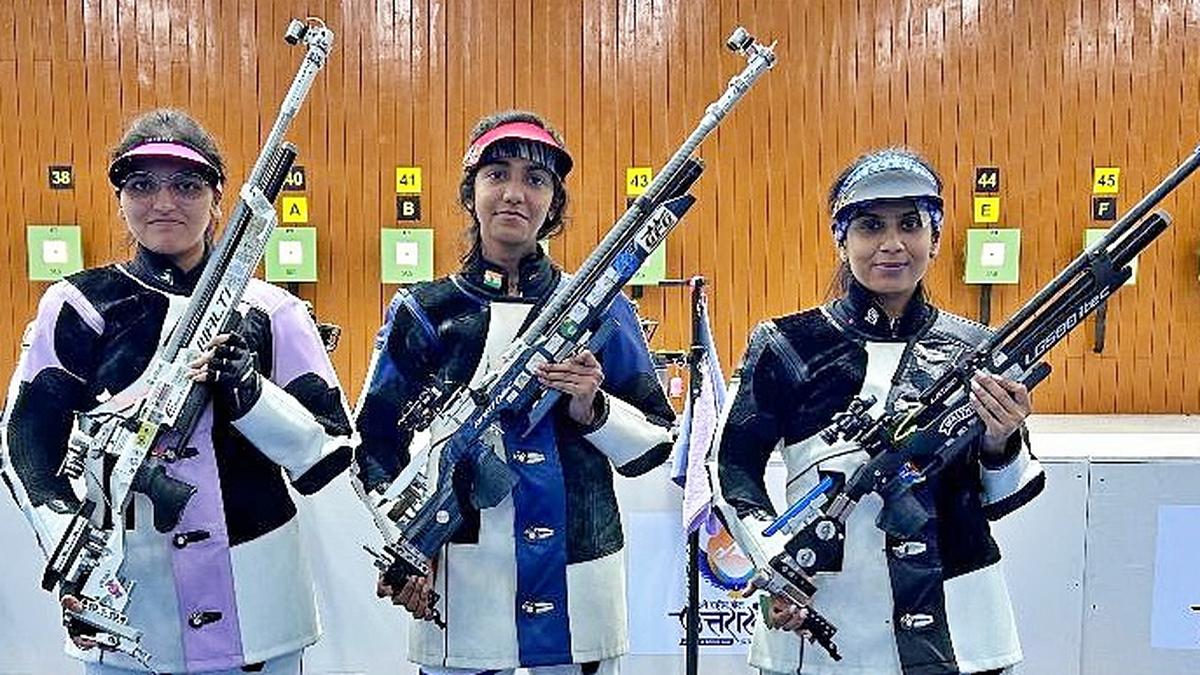Fishery Oceanographic Research Vessel (FORV), Sagar Sampada, operated by the Central Marine Fisheries Research Institute here will carry out an expedition to investigate the potential ecological and biogeochemical impacts caused by the Liberian-flagged MSC ELSA 3 that sank 38 km southwest off the Kochi coast on May 24.
A team of scientists at the CMFRI will collect samples from 16 research stations spaced 10 nautical miles apart, providing a zonal coverage of the region surrounding the sunken vessel.
During the 10-day voyage, scientists onboard will monitor the biodiversity, biogeochemical parameters, regional hydrography, as well as ocean currents using the advanced instruments. The team will record their observations on plankton, fish eggs and larva by operating various sampling gears.
Sediment sample will be collected to access the impact on seabed communities. High-end acoustic systems such as long-range Sonar-SX 90, multiple frequency split beam echo sounder, big eye camera will aid in mapping the area and to identify the changes in marine life due to oil spillage.
The study will help to demonstrate the extent of damage caused by the shipwreck to the marine environment particularly during the monsoon season which is considered as the spawning period of economically imported fishes, according to the release.
Published – June 04, 2025 06:44 pm IST



